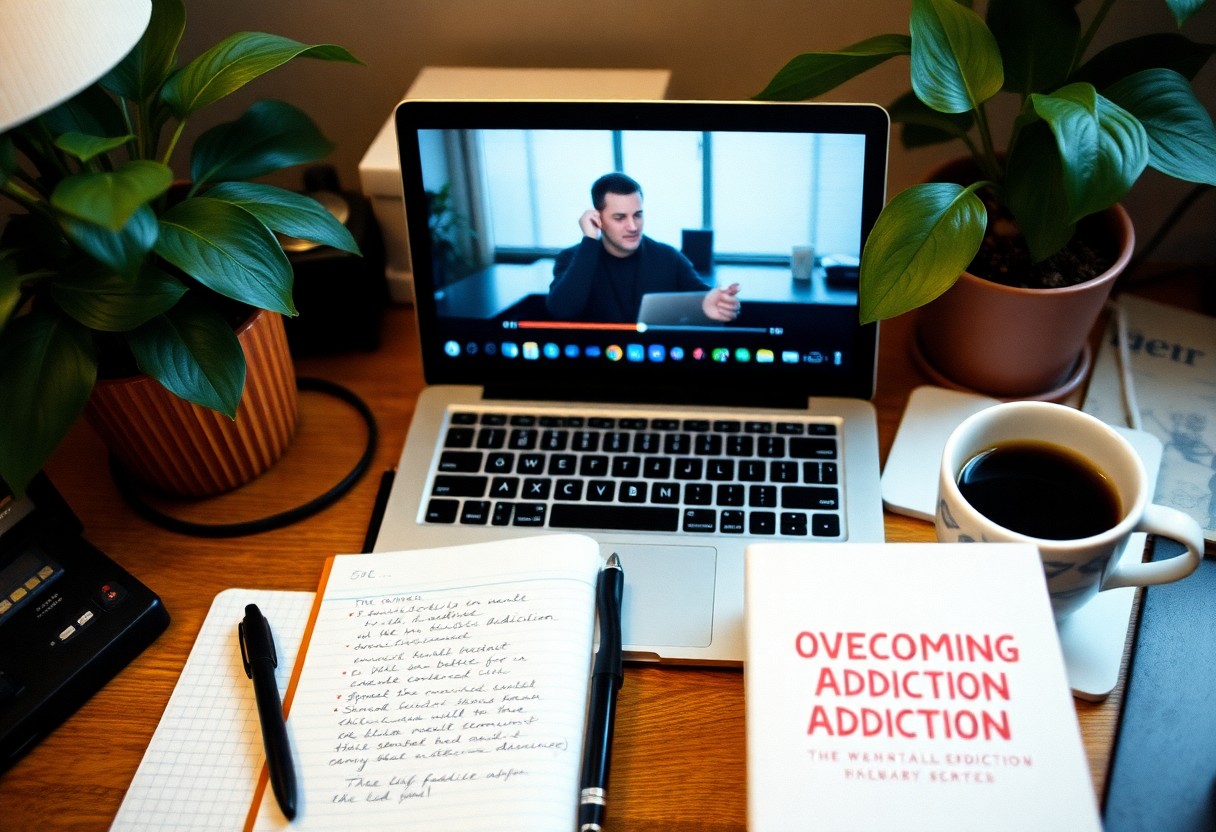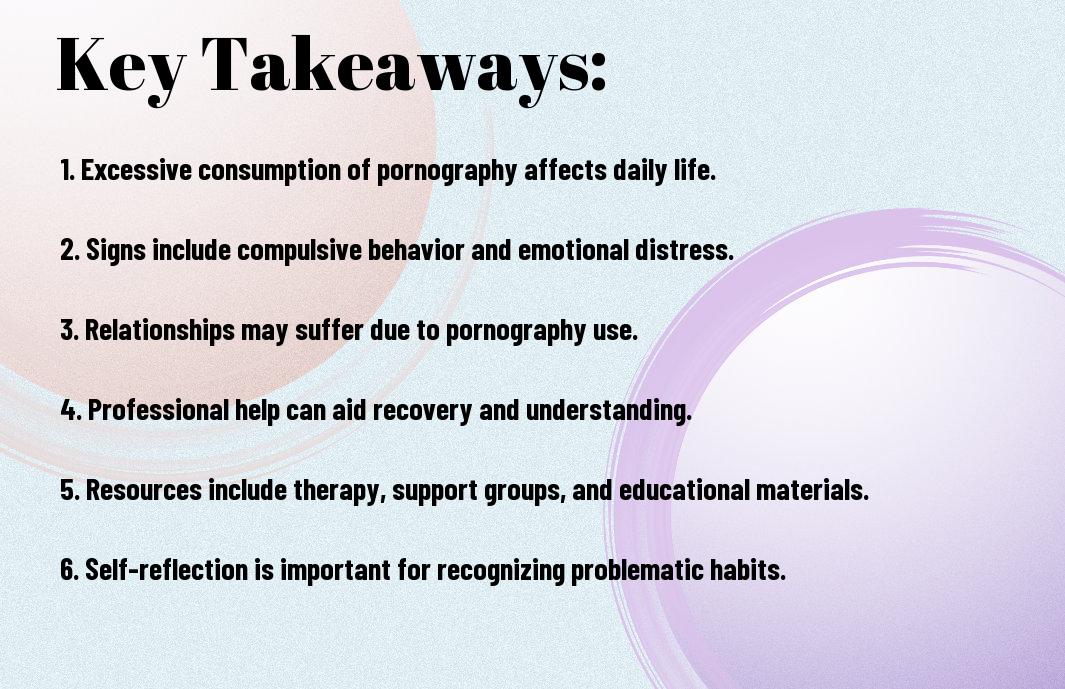Over time, your relationship with pornography can shift from casual use to excessive reliance, signaling a potential addiction. Understanding the signs and effects of porn addiction is vital for your well-being. In this post, we’ll share nine resource hacks that will help you evaluate your habits and take control of your viewing patterns. By recognizing the impact of porn on your life, you can make informed decisions about your consumption and explore healthier alternatives.
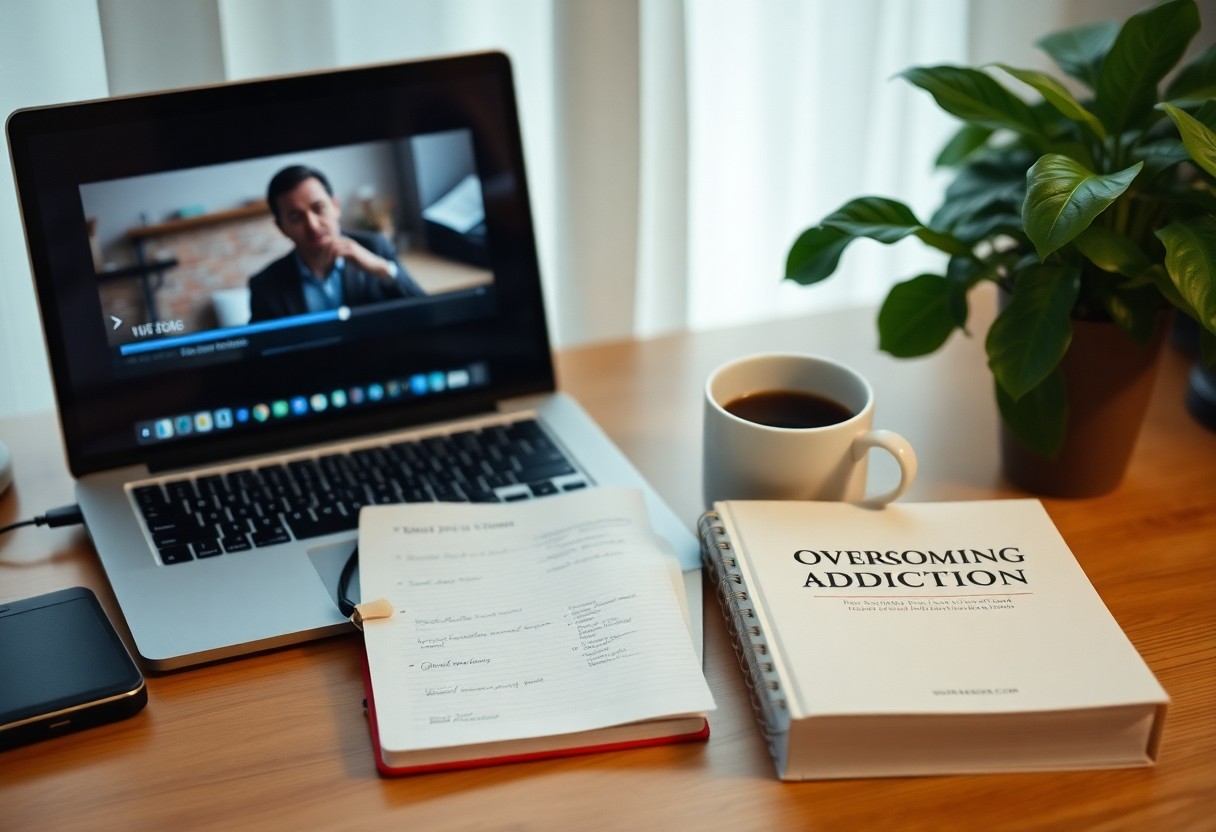
Key Takeaways:
- Recognize personal habits: Reflect on how often you watch porn and if it impacts daily responsibilities or relationships.
- Identify emotional dependence: Notice if you use porn to cope with stress, anxiety, or loneliness.
- Acknowledge time spent: Assess if you frequently lose track of time while consuming pornographic content.
- Evaluate sexual behavior changes: Be aware of shifts in your sexual preferences or difficulties in real-life intimacy.
- Understand withdrawal symptoms: Pay attention to feelings of irritability or discomfort when unable to access porn.
- Seek feedback from trusted sources: Engage with close friends or family for their perspective on your behaviors.
- Utilize resources: Explore various tools and support groups that offer guidance on managing potential addiction.
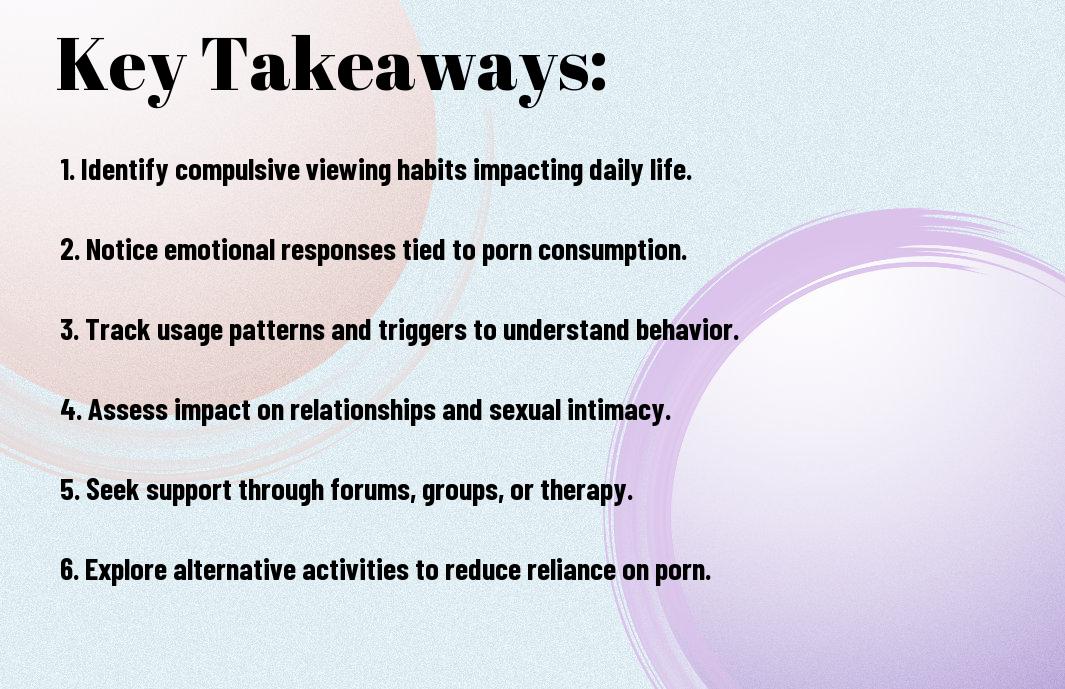
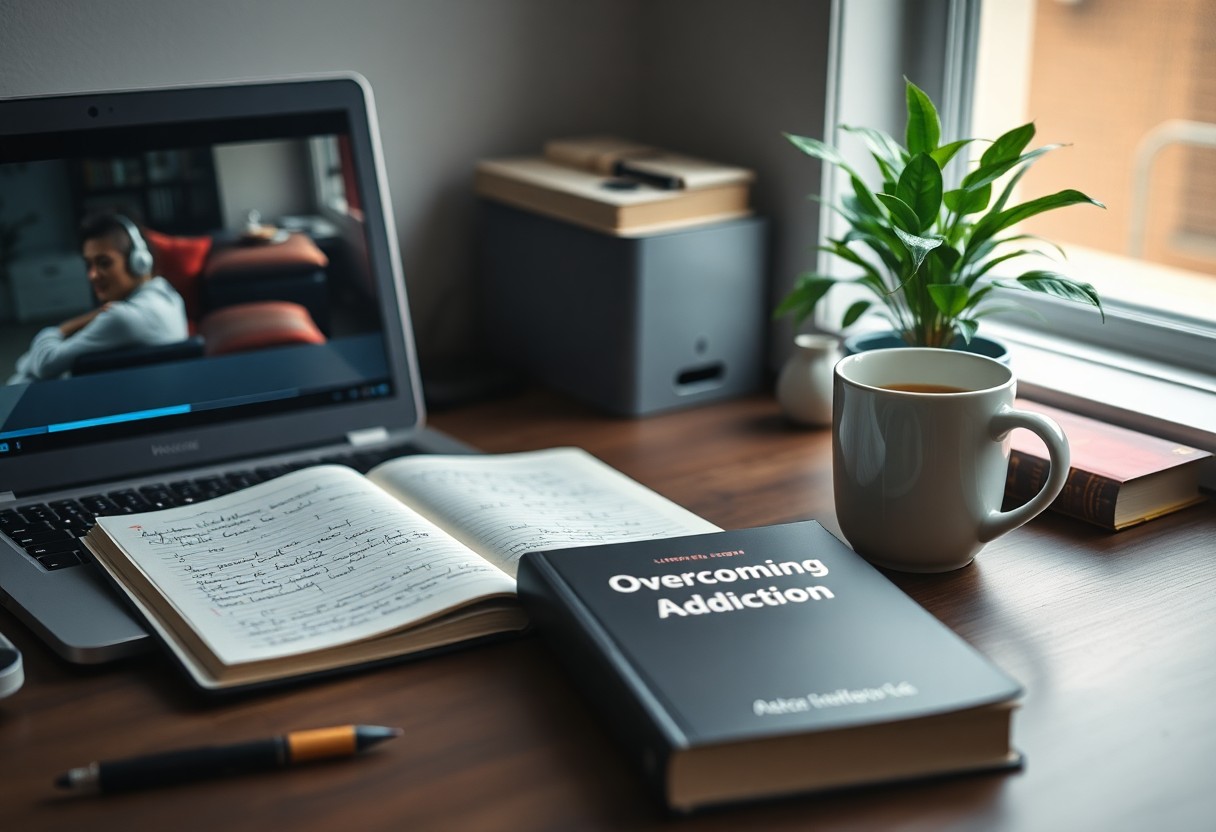
Understanding Porn Addiction
While many view pornography as a harmless activity, it can lead to a profound and negative impact on your life. Porn addiction is characterized by compulsive behavior that disrupts your daily functioning, relationships, and emotional well-being. Recognizing the patterns of your porn consumption can be the first step towards understanding its potential grasp on your life.
Defining Porn Addiction
Understanding porn addiction involves recognizing it as a behavioral compulsivity where you find it difficult to control or reduce the time spent engaging with pornographic content. This addiction might interfere with your daily responsibilities, social interactions, and overall satisfaction in life, leading to a cycle of shame and secrecy.
Signs and Symptoms
Among the telltale signs of porn addiction are an overwhelming preoccupation with pornography, neglecting personal relationships, and experiencing withdrawal symptoms when trying to cut back or quit. You might also notice that your desire for real-life intimacy diminishes, as porn becomes your primary source for sexual satisfaction.
At the core of recognizing the signs and symptoms of porn addiction, consider how often you find yourself watching porn, particularly in situations where it disrupts your day-to-day life. If you feel the need to escalate your consumption to achieve the same level of satisfaction, it may indicate a growing dependence. You might also notice feelings of guilt or shame surrounding your usage, and this emotional struggle can be a significant indicator of addiction. By paying attention to these signs, you can better assess your relationship with pornography and consider necessary steps toward change.
Self-Assessment Tools
If you suspect that you might have a porn addiction, utilizing self-assessment tools can be a valuable step toward understanding your relationship with pornography. These tools will help you evaluate your behaviors, feelings, and overall consumption patterns, giving you clarity on whether your usage is crossing into unhealthy territory. By taking time to reflect, you can gain insights that may guide you in seeking further help if necessary.
Questionnaires and Surveys
Below are various questionnaires and surveys designed to help assess your porn consumption habits. These tools often contain pointed questions about your viewing habits, emotional responses, and the impacts of pornography on your life. You can easily find reputable surveys online, or even create your own based on personal reflection, to gain a clearer picture of where you stand.
Tracking Your Habits
Against the backdrop of self-assessment, tracking your habits can provide tangible evidence of your porn consumption. Keeping a journal or using a specialized app lets you log both the frequency and nature of your viewing experiences. This not only makes you accountable but also highlights triggers that lead to excessive use.
A habit tracker can reveal patterns over time, providing a clearer picture of your consumption and its effects on your daily life. By documenting when, where, and how often you engage with pornography, you can more objectively analyze if it’s becoming problematic. You might notice certain emotional triggers or situational contexts correlate with increased viewing, guiding you in creating healthier boundaries. This method enhances self-awareness, making it easier to address any issues that may arise.
The Impact of Porn Addiction
Now that you understand the signs of porn addiction, it’s imperative to recognize its profound effects on various aspects of your life. Porn addiction can lead to emotional turmoil, distorted perceptions of relationships, and issues with self-esteem. For more insights on how to defeat my porn addiction and urges to cheat, obtaining a better understanding of its effects can be a pivotal step towards recovery.
Emotional and Mental Health Effects
Impact on your emotional and mental health can be significant, potentially resulting in anxiety, depression, and feelings of isolation. These issues often stem from the guilt and shame associated with your behavior, leading to a cycle of negative self-perception.
Relationship Implications
One of the most profound effects of porn addiction manifests in your relationships. It can create a disconnect between you and your partner, diminishing emotional intimacy and trust.
Consequently, as you become more engrossed in porn, you may prioritize these fantasies over real-life interactions. This withdrawal can lead to misunderstandings, resentment, and ultimately, the deterioration of your relationship. Understanding these implications is vital for taking steps towards healing and fostering healthier connections in your life.
Seeking Help
After recognizing the signs of a porn addiction, it’s necessary to reach out for help. This journey can be challenging, but you don’t have to navigate it alone. Seeking assistance from professionals or joining supportive communities can provide you with the tools you need to regain control over your habits and discover healthier coping mechanisms.
Professional Therapies
Help is available through various therapeutic approaches designed to understand and address your addiction. Licensed therapists and counselors can work with you to explore underlying issues, develop coping strategies, and set realistic goals for recovery. Whether it’s cognitive-behavioral therapy or mindfulness techniques, professional guidance can significantly aid your healing process.
Support Groups and Online Communities
Across various platforms, support groups and online communities provide an understanding space where you can share your experiences. These environments foster connection and relatability, offering you a sense of belonging among individuals who face similar struggles. You can find reassurance, encouragement, and practical advice tailored to help you overcome your challenges.
Further, engaging with support groups and online communities can offer you diverse perspectives and coping strategies from others who have walked a similar path. These forums often emphasize shared experiences and discussions, enabling you to learn from others while also sharing your journey. The camaraderie found in these settings can serve as a powerful motivator, encouraging you to take meaningful steps toward recovery.
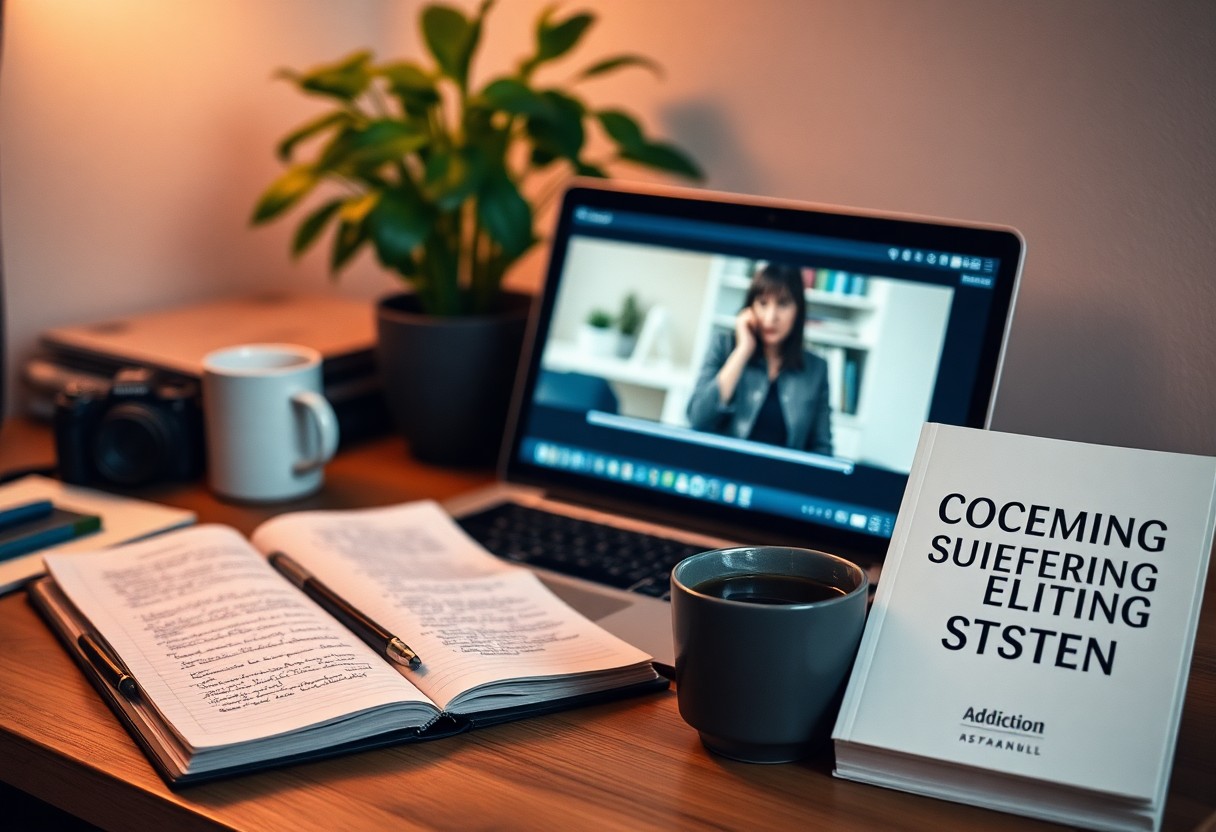
Strategies for Managing and Overcoming Addiction
For anyone battling a porn addiction, implementing effective strategies is imperative for recovery. You can regain control of your life by establishing a structured plan that focuses on setting boundaries, replacing harmful viewing habits, and seeking support when needed. With commitment and the right resources, you can navigate the journey toward overcoming your challenges and ultimately lead a more fulfilling life.
Setting Boundaries
Managing your triggers is vital in overcoming addiction. Establish clear boundaries for your internet usage, which might include limiting access to certain sites or apps. Consider installing filters or blockers, and allocate specific times for online browsing to protect yourself from temptation.
Replacing Viewing Habits
By actively replacing your viewing habits, you are taking significant steps towards overcoming your addiction. Engage in alternative activities such as exercising, reading, or pursuing hobbies that interest you, which can provide enjoyment and fulfillment without the negative effects of porn. This shift not only fills your time but also helps you to cultivate a more satisfying and balanced lifestyle.
In fact, exploring new interests can be particularly effective in redirecting your focus away from porn. By immersing yourself in activities that promote personal growth or social interaction, you build a more positive self-image and reinforce healthier habits. This shift also contributes to improved mental health, making it easier to stay committed to your recovery journey.
Continuing Education
Your journey towards understanding and overcoming porn addiction doesn’t end with initial awareness. Continuing education is crucial for maintaining progress and gaining insights into healthier relationships with sexuality. Engaging with various resources helps reinforce your commitment and empowers you with knowledge that can lead to lasting change. Seek ongoing support and education to strengthen your recovery and personal growth.
Recommended Reading
After identifying your struggle with porn addiction, submerging into literature on the topic can provide valuable perspectives and coping strategies. Books like “Your Brain on Porn” by Gary Wilson and “The Porn Trap” by Wendy and Larry Maltz offer crucial guides to help you understand the psychological impacts of porn use and provide actionable steps toward recovery. These resources will enrich your knowledge and bolster your resolve.
Online Resources and Workshops
Against the backdrop of your addiction, leveraging online resources and workshops can be beneficial in attaining a deeper understanding and improving your recovery process. Many websites and platforms offer specialized materials, communities, and expert guidance. These tools can help you connect with others facing similar challenges, providing mutual support and encouragement in your journey.
To navigate the digital landscape of recovery, consider exploring websites like NoFap, which offers community support and educational resources aimed at overcoming porn addiction. Online workshops often feature interactive discussions and expert guidance, allowing you to learn coping tactics and share experiences in a safe space. Utilize these tools not just to educate yourself but to build a supportive network that contributes to your healing process.
To wrap up
As a reminder, recognizing a porn addiction is vital for your well-being and personal growth. By using the nine resource hacks provided, you can assess your habits, identify patterns, and seek the necessary support. It’s important to reflect on how your consumption affects your daily life and relationships. Your journey toward understanding and possibly overcoming this addiction can start with honest self-reflection and leveraging available resources. Taking proactive steps today can lead you toward a healthier relationship with intimacy and self-awareness.
FAQ
Q: What are the signs that indicate I might have a porn addiction?
A: Common signs of porn addiction include spending excessive time viewing pornography, neglecting responsibilities or relationships, experiencing withdrawal symptoms when not viewing porn, and feeling a compulsive need to watch more despite negative consequences. If you find yourself prioritizing porn over other important aspects of your life, it may indicate an addiction.
Q: How can I determine if my porn usage is becoming problematic?
A: To assess whether your porn use is problematic, reflect on how it impacts your daily life. Questions to consider include: Do you often think about porn even when you’re busy? Has your porn consumption increased over time? Are you using porn as a coping mechanism for stress or emotional issues? If the answers are concerning, it may be time to evaluate your habits more closely.
Q: What are the emotional effects of porn addiction?
A: Porn addiction can lead to a range of emotional issues, including anxiety, depression, and low self-esteem. It may cause feelings of guilt or shame, particularly if your usage clashes with your personal beliefs or values. You might also experience diminished intimacy in relationships or difficulty connecting with partners on an emotional level.
Q: Are there specific strategies I can use to cut back on porn consumption?
A: Yes, there are several strategies to help reduce porn consumption. Start by setting boundaries, such as limiting the time you spend online or designating certain areas or devices as porn-free. Consider seeking alternative activities to fill your time, such as hobbies or exercise. Mindfulness practices can also help manage urges and encourage self-awareness.
Q: What resources are available for someone struggling with porn addiction?
A: There are numerous resources for those facing porn addiction, including online support groups, therapy options, and educational websites focused on recovery. Programs like NoFap or Your Brain on Porn can provide community support and guidance. Seeking the assistance of a mental health professional who specializes in addiction may also be beneficial.
Q: How can a partner support someone dealing with porn addiction?
A: To support a partner dealing with porn addiction, open communication is crucial. Encourage them to seek help without judgment, and be a source of understanding. Establish a safe space for them to share their feelings and experiences. Additionally, you can educate yourself about addiction to better comprehend what they are going through and to foster a supportive environment.
Q: How long does it typically take to recover from porn addiction?
A: The duration of recovery from porn addiction varies for each individual and depends on several factors, including the severity of the addiction, personal commitment to changing habits, and the support system in place. Recovery can take weeks to months, and it is often a gradual process that involves continuous effort and growth. Maintaining a positive mindset and remaining optimistic about progress can aid in this journey.
